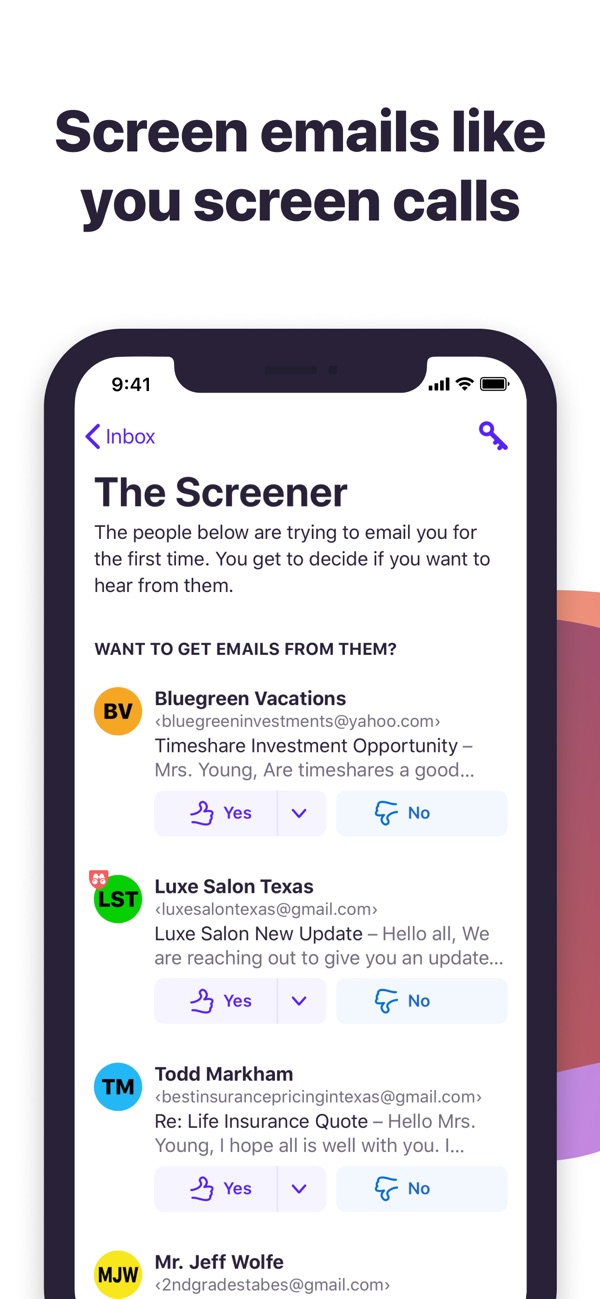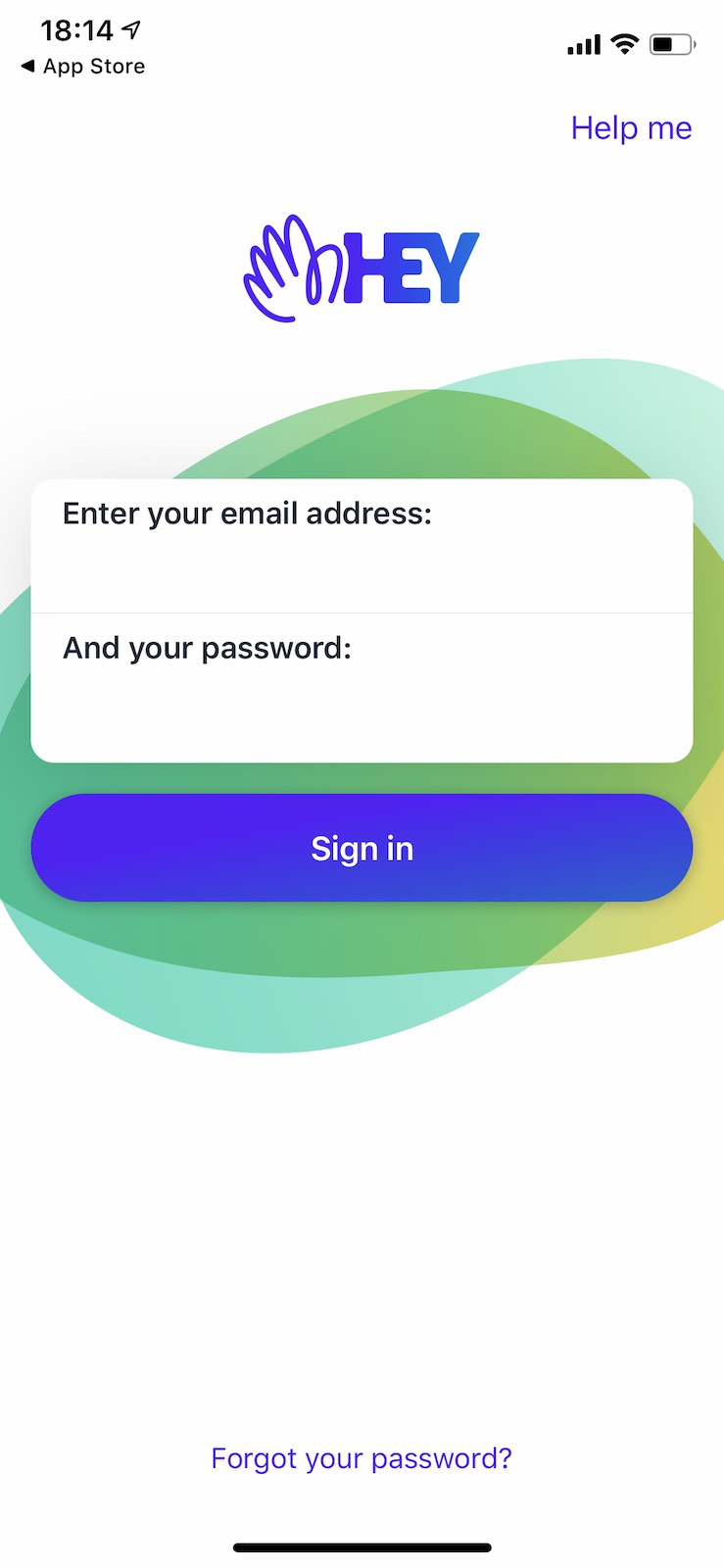In this regular column, every day we look at the most interesting news that revolves around the California company Apple. We focus here exclusively on the main events and selected (interesting) speculations, leaving the various leaks aside. So if you are interested in current events and want to be informed about the apple world, definitely spend a few minutes on the following paragraphs.
It could be interest you

Apple has already scheduled Monday's WWDC stream
The last few days separate us from the much-anticipated WWDC 2020 conference. Every year, new operating systems are introduced on the occasion of WWDC. As you have already read several times in our magazine, Apple is also expected to come up with some interesting news. The most talked about is the introduction of ARM processors for Apple computers or the redesigned iMac. The entire conference will take place next Monday at 19 pm and will be broadcast in several ways. You will be able to watch the live stream through the Apple Events website, using Apple TV, through the Apple Developer app and website, and directly on YouTube. Today, Apple decided to target users of the aforementioned YouTube platform when it scheduled a stream for an upcoming event. Thanks to this, you can already click on the Set reminder option, thanks to which you will definitely not miss the conference.
It could be interest you

Apple threatens to delete Hey client: Does not offer in-app purchases
A completely new email client named HEY Email arrived on the Apple App Store only on Monday. At first glance, it is a relatively high-quality software with a friendly user environment, but it has already encountered a number of problems. You have to pay $99 per year for this application (about CZK 2), and you can only buy a subscription on the company's website. The problem is that the developers do not offer users any option to purchase a subscription directly through the App Store or to register at all.
Screenshots from the App Store:
Heinemeier Hansson, who is the CTO of Basecamp (which Hey falls under), was interviewed by Protocol magazine and revealed a number of things. The company does not intend to deprive itself of 15 to 30 percent of the profit by enabling purchases through the App Store, which charges the aforementioned fees for mediating payments. According to Apple, however, this option must be in the application, just like the option to register an account. However, the developers of the Hey email client took a slightly different route, following in the footsteps of applications such as Spotify and Netflix. If we take into account the mentioned Netflix, after downloading it, we only have the option to log in, while registration and payment must be done through their website.
HEY Email without subscription:
Although Basecamp did essentially the same thing with its Hey app, the result was different. The Californian giant is constantly pushing developers to add the option to purchase a subscription through Apple to their application. However, developers are definitely not going to comply with Apple's demands and are still fighting for their own. In this direction, a relatively simple question is offered. Why is such behavior allowed for the previously mentioned giants and not for a startup with an email client? Of course, Apple also commented on the situation, according to which the application should not have entered the App Store in the first place, as it does not meet its principles. How the case will proceed is still unclear.
It could be interest you

Anyway, Apple chose probably the worst possible time to restrict developers in the Apple App Store. Yesterday you could read an article about the fact that the European Commission is going to investigate the Californian giant and its business, whether it is not in violation of European rules. The truth is likely to be found on both sides. After all, Apple invested a lot of money to be able to build its operating system in the first place, in which it put one of the most secure stores ever - the App Store - so it should have the right to control it. On the other hand, there is Basecamp, which is just following in the footsteps of others who are allowed the same behavior.








That the EU would finally realize that we have to watch the ads, otherwise I won't download the application to my phone, isn't it right? They keep bugging Google. As long as the apple store was ad free it made sense, now it's time for them to screw up the ads or make it possible to download the app to the phone in a different way.
And why? There are some rules and if it bothers someone, let them adapt their business. The rules are the same from the beginning, but what these companies do is try to feed the best for free - of course it can be part of their strategy. It's like the stall holders at the festival complaining (which I assume is happening) that they have to pay rent for the space. Who forces them to put their stalls there?
Apple will eventually run out of these double rules. Just like when I can subscribe to Netflix elsewhere, and it probably bothers Apple, but it doesn't solve it that much, so why just step on the developers of some mail client, which is a whole bunch on the app store. The fact that I can't create an account there is really bad in my opinion, because I simply don't see a reason why I would download an app and suddenly find out that in order to break it up, I simply have to first go to some website, solve everything there and then I will simply be able to use the app? Are we going back to the Middle Ages or not?